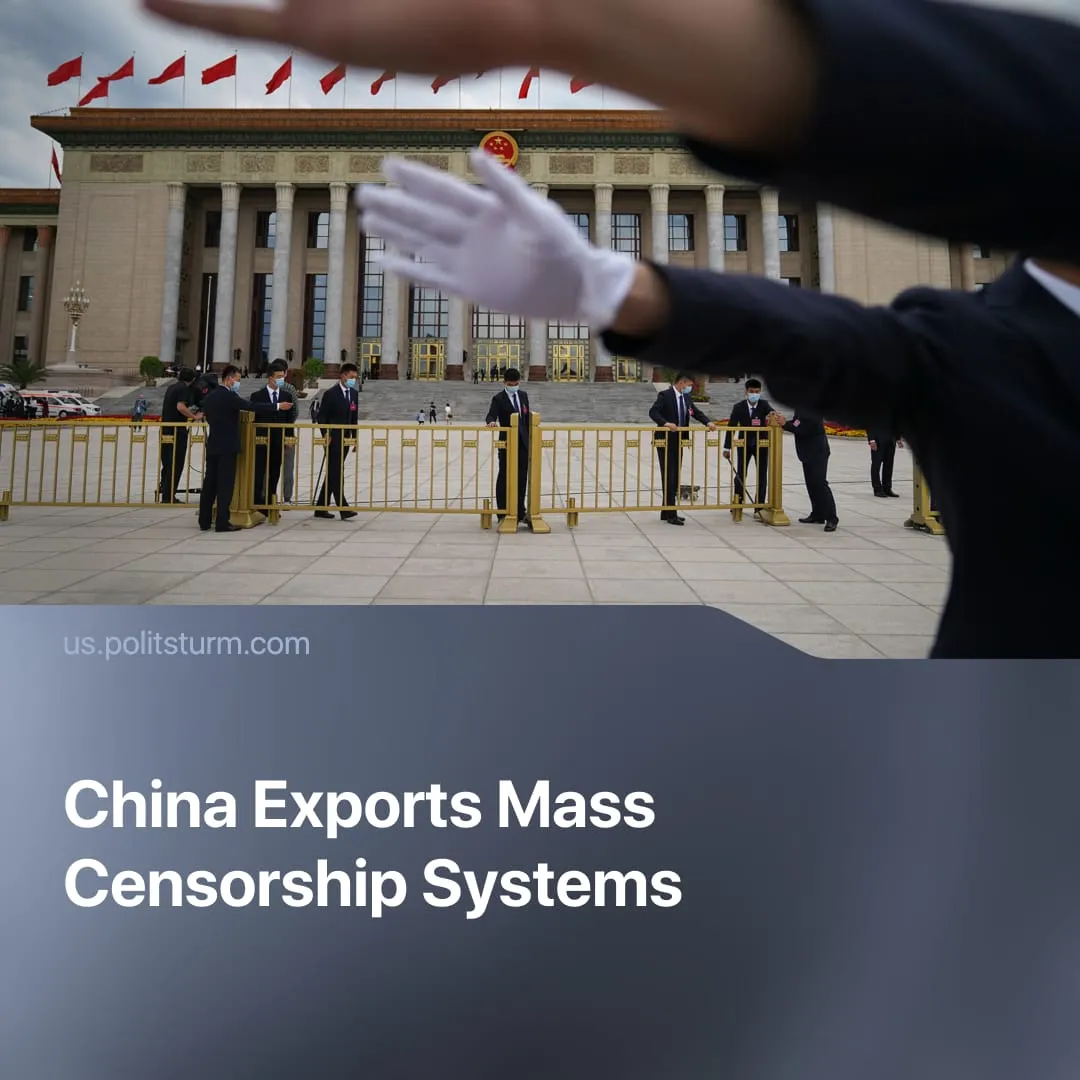China is exporting its mass censorship and surveillance systems to client states.
Details. Leaked internal documents have revealed that Geedge Networks – an intelligence company with ties to the Chinese state – is selling a system called the "Tiangou Secure Gateway". The platform deeply inspects and filters internet traffic, allowing authorities to monitor, store metadata, and selectively censor or inject content, while also detecting and blocking VPNs and other circumvention tools.
► Intelligence reports indicate that the systems are being exported to several countries, including Kazakhstan, Pakistan, Ethiopia, and Myanmar, as well as at least one other country in Africa or Asia. Analysis of contracts, licenses, service requests, traffic interception logs, and export documents identified these countries.
► It has also been confirmed that Geedge is looking for a senior engineer to work abroad. The role involves long-term business trips and supporting infrastructure in Belt and Road Initiative countries.
► The report indicates that some of the system’s modules were first tested abroad and later adapted for domestic use.
Context. Just as in China, this technology will be used to strengthen the rule of capitalists in Belt and Road countries, monitor and suppress workers, and keep these countries dependent on Beijing by securing a pro-Chinese internet.
► In China, this system takes the form of the Great Firewall, an internet censorship system in place since the late 1990s. It filters, blocks, and monitors network traffic, suppresses access to independent sources of information, restricts international services, and surveils communications.
► In practice, the system is used to control domestic dissent. For example, discussions about strikes or labour rights on social media are swiftly deleted, organisers are detained, and digital surveillance dismantles emerging networks of worker solidarity before they can mobilise.


